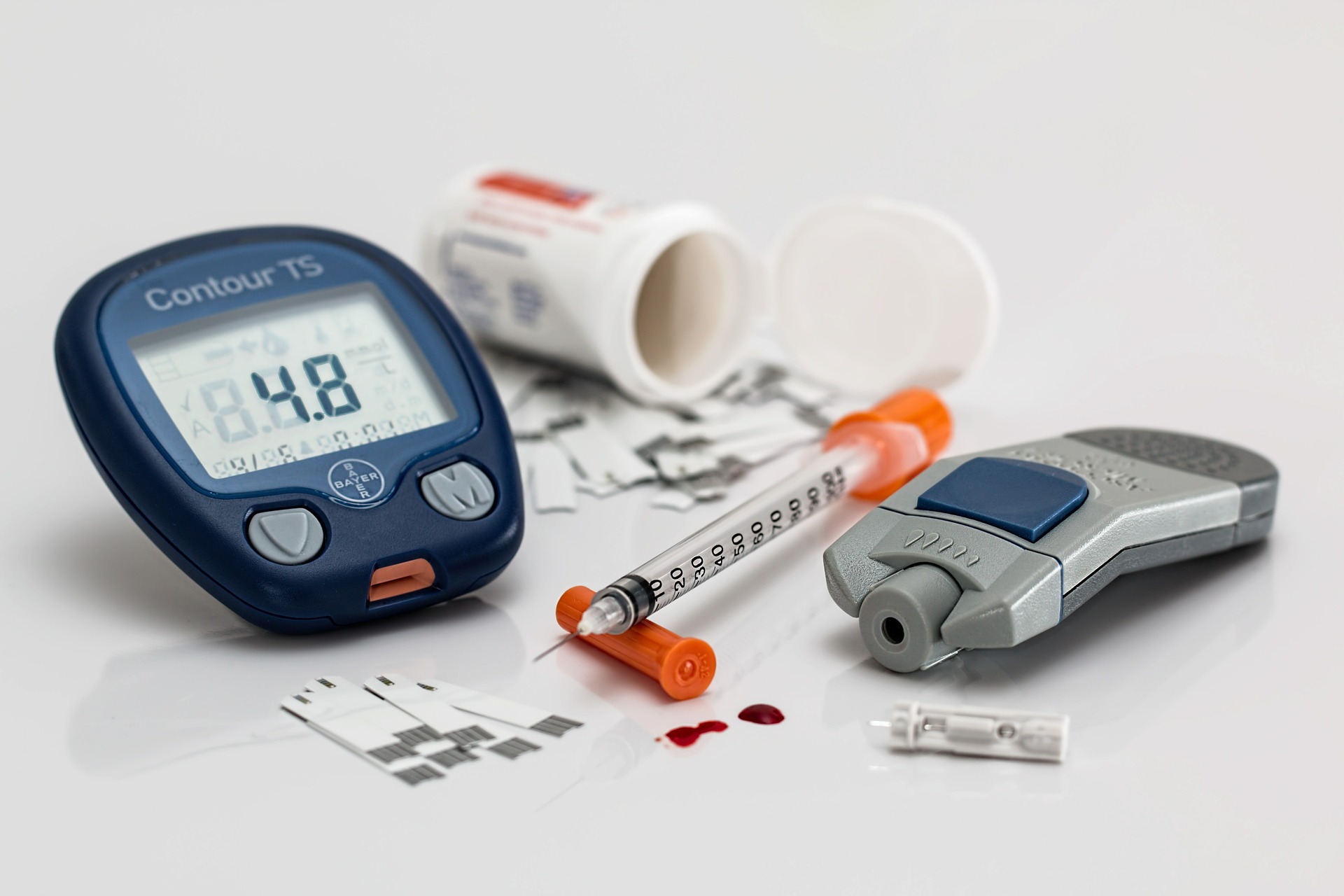
As diabetes can affect multiple parts of our body, there are a number of doctors who can be involved in diabetes treatment. It’s often good to start by seeing your general practitioner to test for diabetes and to manage it. However, you may have to subsequently consult other specialists to monitor your condition as well.
How do you find the right specialist for diabetes treatment? Read on to find out.
General practitioner (GP) or general care physician
Your GP is most often your primary source of care, and they should have experience treating people with diabetes. Regular checkups with your GP should be done once every 3-4 months to monitor your condition.
Endocrinologist
An endocrinologist is a doctor who specialises in treating and managing diabetes, and is the most common specialist that your GP will refer you to. People with type 1 and type 2 diabetes are often put under the care of an endocrinologist.
Dietitian
Our diet and lifestyle habits heavily impact our risk of developing diabetes. A dietitian can help you find the right, balanced diet in order to control your blood sugar.
Podiatrist
Diabetes can cause nerve damage and vascular diseases that prevent blood flow to your legs and feet. It can also reduce the ability for cuts and blisters to heal due to poor circulation, increasing the risk of severe infections that may result in amputation. A podiatrist will help monitor your nerve and foot condition, and your daily foot checks cannot take the place of podiatry care. They can also do preventative treatment to ensure diabetes do not result in complications in your foot.
Nephrologist
Those with diabetes are at a greater risk of kidney diseases as compared to someone who does not have diabetes. A nephrologist is a specialist in the treatment and management of kidney disease. Your GP may refer you to a nephrologist for additional advanced tests. A nephrologist can also administer dialysis, a procedure that takes over the functions of your kidneys.
Ophthalmologist
An ophthalmologist is an eye doctor who can medically and surgically treat eye problems. People with diabetes are encouraged to visit an ophthalmologist at least once a year as they are at greater risk of developing complications like cataracts, glaucoma, and retinopathy (damage to the retina). Diabetes can affect the blood vessels which may result in an eventual loss of sight.
Dentist
Gum diseases are prevalent in people with diabetes. This is because your mouth may be a site for bacteria due to excess blood sugar, and this can lead to infection. Regular dental checkups can ensure that you maintain proper dental hygiene, reducing the risk of gum diseases.
How often should you see a diabetes specialist?
Not every diabetic requires visits to a diabetes specialist. Some people can manage their blood sugar levels on their own.
However, it is still important to schedule regular checkups with your GP or general care physician for your diabetes treatment. Thereafter, they may refer you to a specialist if you have any other complications that require specific treatment procedures.
You can find a GP or any of the various diabetes specialists with GetDoc.
———————-
Want to consult an endocrinologist and dietitian in a personalised session to learn more about diabetes prevention and management for yourself? Register for our diabetes health talk here. Free for the first 20 participants, don’t miss out!
References
by waiyee
Film junkie. Matcha drinker. Dog lady. Will write for food. View all articles by waiyee.







